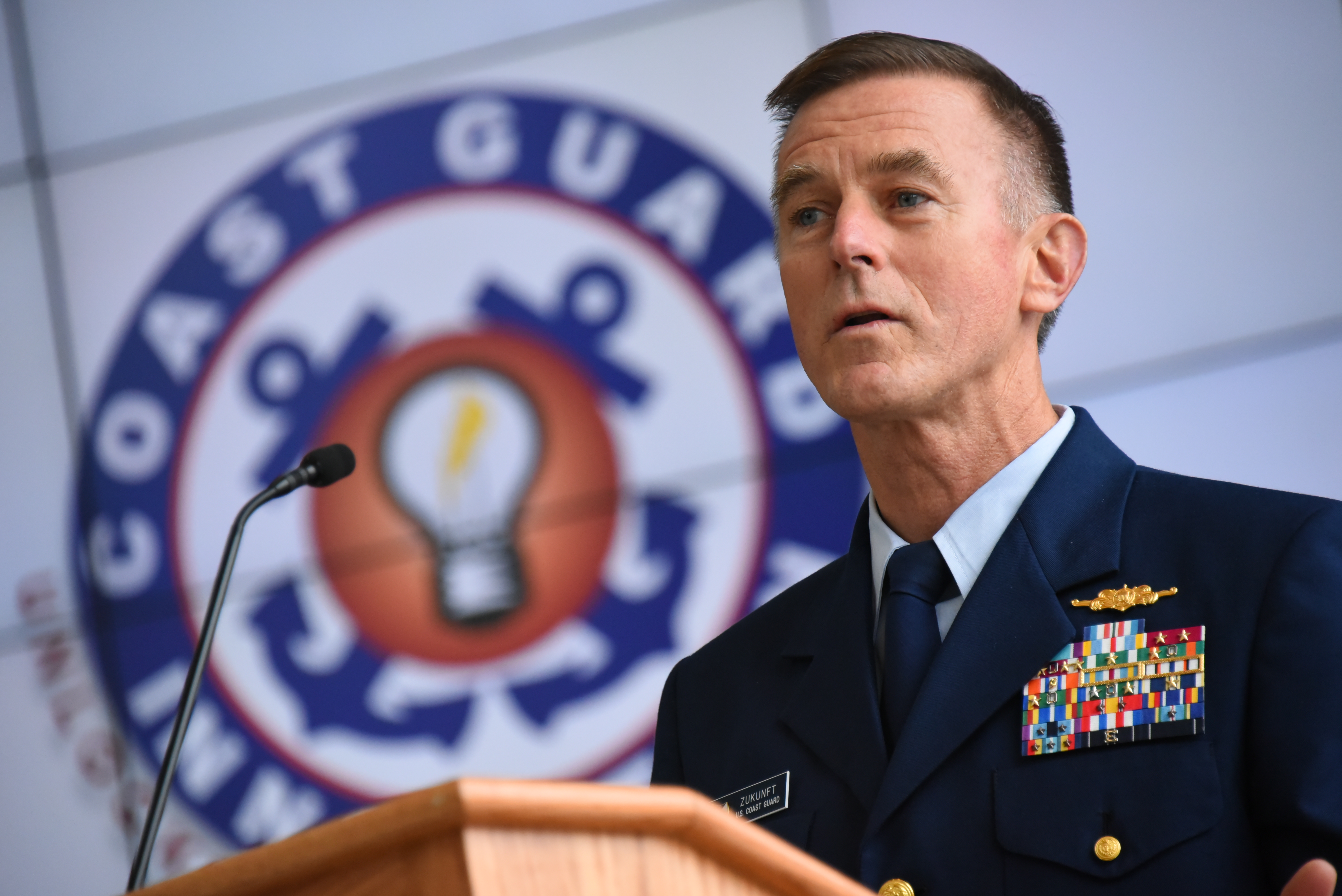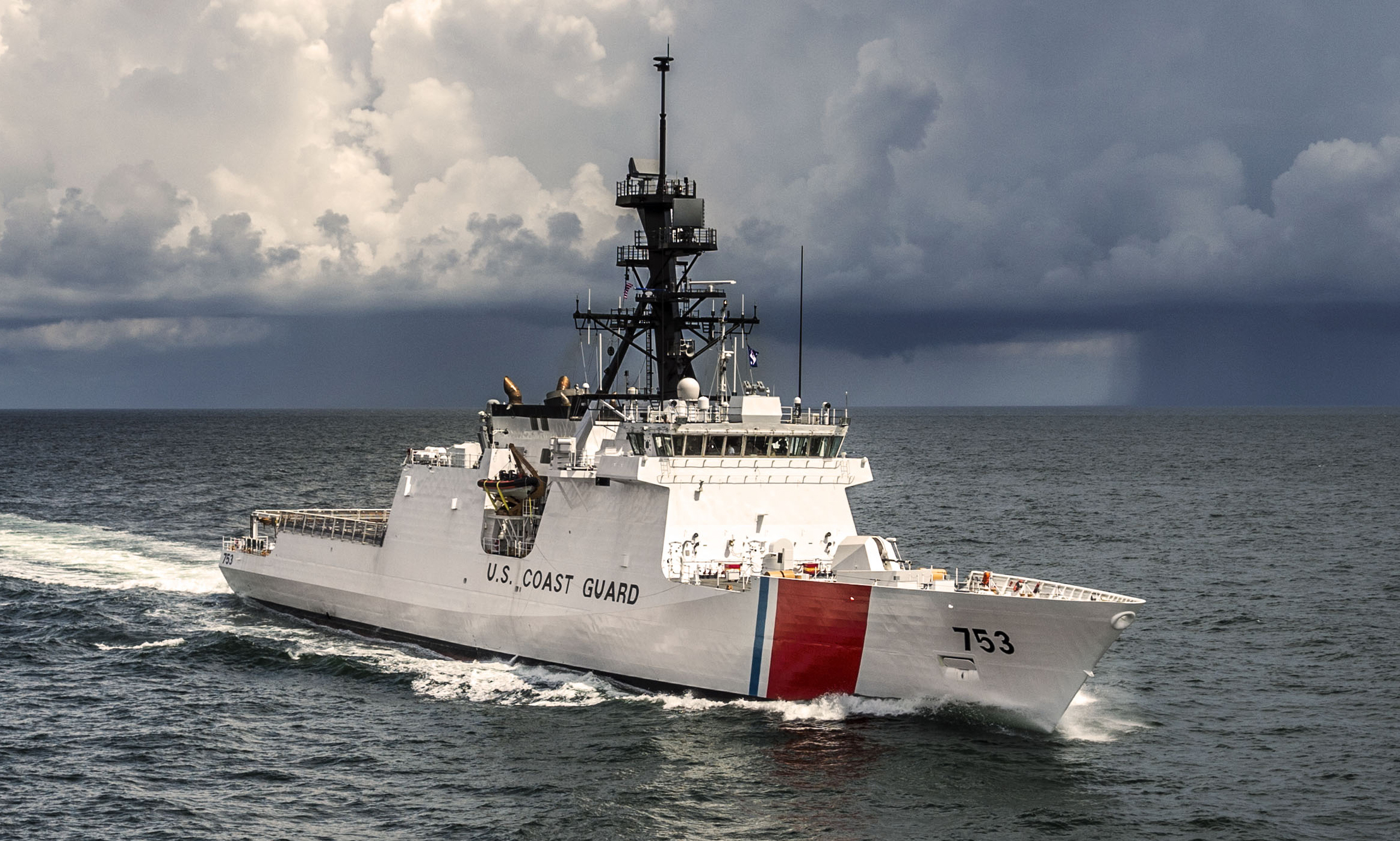
The Commandant of the Coast Guard will stress maritime security – particularly south of the border — in future discussions with the incoming Trump administration.
“Out there we can play offense” in stopping illegal migration and drug trafficking, Adm. Paul Zukunft said during the Surface Navy Association 2017 meeting in Crystal City, Va.
“Our borders begin there.”
Zukunft pointed to the bilateral agreements the Coast Guard has with 61 nations allowing it to assist in law enforcement operations far from American shores or land borders.
“We have great autonomy” to interdict narcotic trafficking or the flow of migrants fleeing poverty and crime in Central America. He termed it as a break down in the rule of law and the push-pull of migration.
“We are going to be a country of destination,” he said.
The Central American nations where cocaine lands in bulk – primarily from Colombia, Bolivia and Peru recognize they need maritime enforcement. Conviction rates in one Central American country for drug smuggling was two percent, contrasted with 99 percent conviction rate if the smuggler is tried in the United States

Retired Marine Gen. John Kelly — who is expected to be confirmed as Secretary of Homeland Security — served as the head of Southern Command before leaving active duty and testified regularly on the Coast Guard’s role in border security, especially emphasizing drug interdiction. As an organization, the Coast Guard falls under Homeland Security.
Zukunft noted National Security Cutter USCGC Hamilton in its maiden cruise interdicted more than 26 tons of cocaine and rounded up about 100 smugglers.
He said the service is looking at investing more in small-unmanned aerial vehicles, such as Scan Eagle, to improve its intelligence, surveillance and reconnaissance capabilities. Stressing he is not looking for a UAV to fire Hellfire missiles, these types of UAVs stay aloft for a long time and cover a wider spectrum. “You can’t burn those [helicopter] flight crews doing ISR.”
He added that he is also looking at investing in new vessels working the inland waterways
For its icebreaking fleet, the United States needs six vessels — three heavies and three mediums.
The only vessel now capable of breaking the thickest ice in the Arctic is a Russian nuclear-powered vessel.
A more troubling sign, Russia plans to deploy two corvettes capable of firing cruise missiles to the polar seas next year. Russia has largest coastline of any Arctic nation.
Despite that expected move, “we still need the opportunity to have dialogue” and the Arctic is one area where that is possible with Russia.





